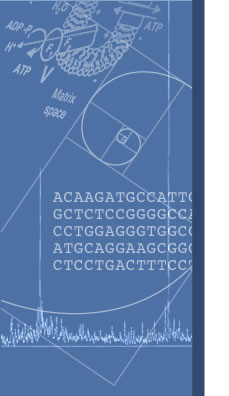Welcome to the Mootha Lab Homepage. Our lab is based in the Department of Molecular Biology at Massachusetts General Hospital. We are also a part of the Metabolism Program at Broad Institute and the Department of Systems Biology at Harvard Medical School.
Our laboratory focuses on mitochondria. These ancient organelles generate most of our ATP, but they also play key roles in ion homeostasis, cell death, and signaling. Mitochondria are encoded both by their own genome (mtDNA) which encodes 13 proteins, as well as the nuclear genome, which encodes and additional 1100 proteins. Defects in mitochondria are associated with a spectrum of conditions -- ranging from ultra-rare, inborn errors of metabolism to common degenerative diseases to the aging process itself.
Our lab combines the new tools of genomics with classical bioenergetics to investigate mitochondria. In recent years, driving biological questions include (1) What are all of the components of mitochondria, and how are they organized into functional pathways and complexes, (2) How are two genomes coordinated in space and time, (3) Can we develop new genetic tools to investigate mitochondrial physiology, (4) How does mitochondrial dysfunction contribute to rare and common disease, (5) Can we understand how hypoxia suppresses mitochondrial dysfunction?
Our long-term goal is to achieve a holistic and mechanistic understanding of the organelle's physiology, its evolution, and contribution to disease. To achieve these goals, we have assembled a talented team of biochemists, molecular biologists, computer scientists, and physician-scientists that work together in a highly collaborative environment. The laboratory is currently supported by funds from the National Institutes of Health, Howard Hughes Medical Institute, and other philanthropies.
|
|


